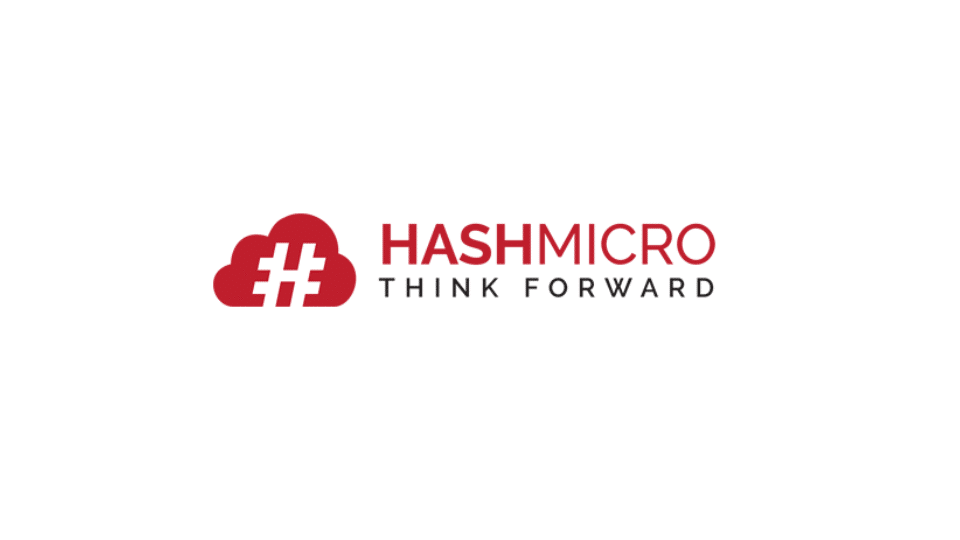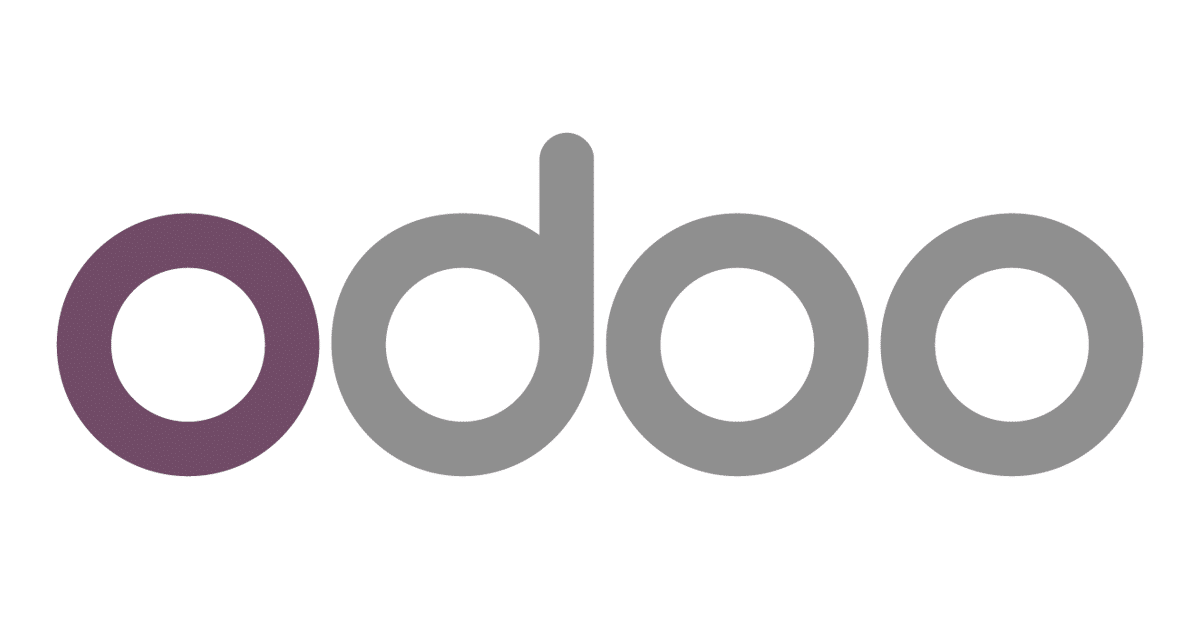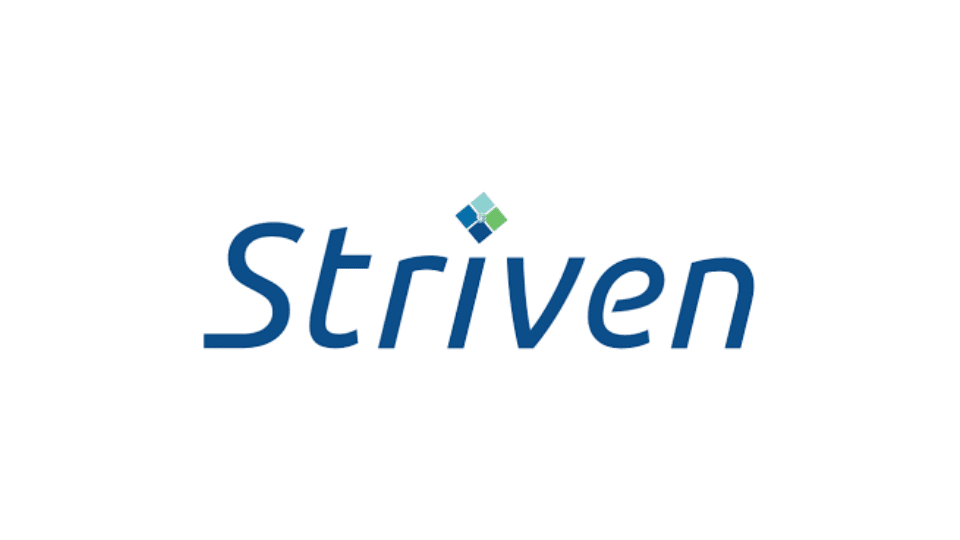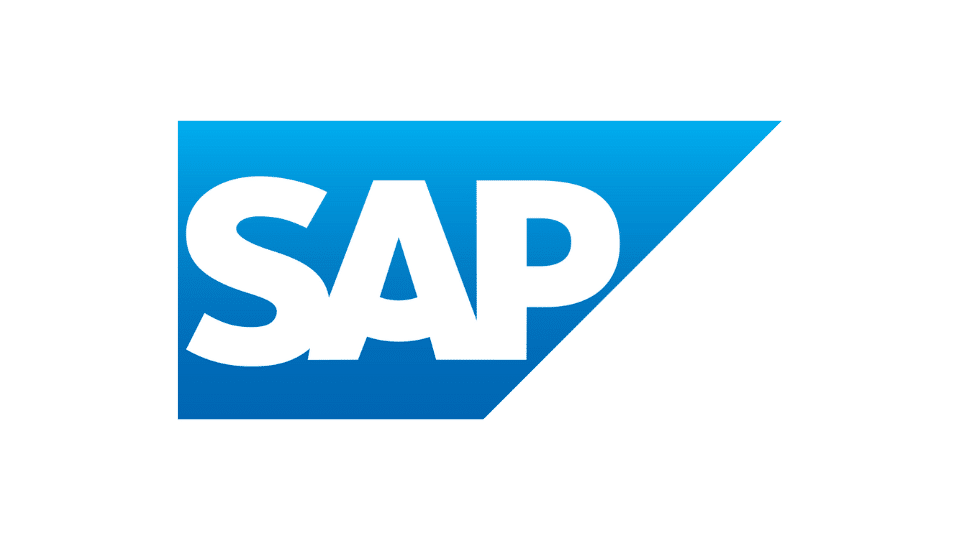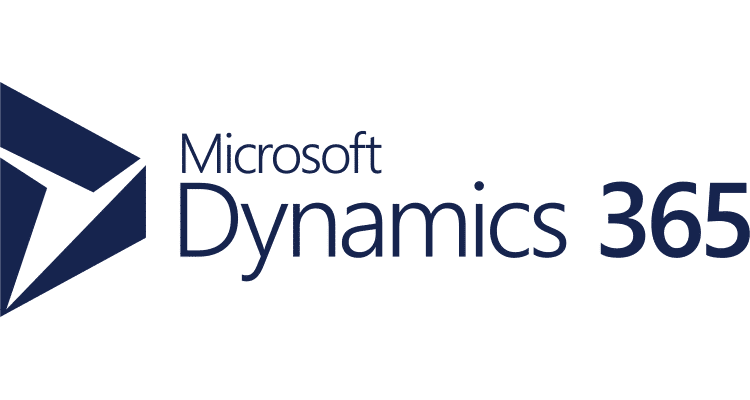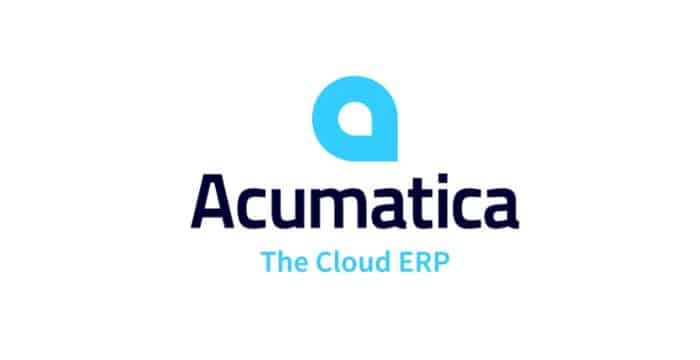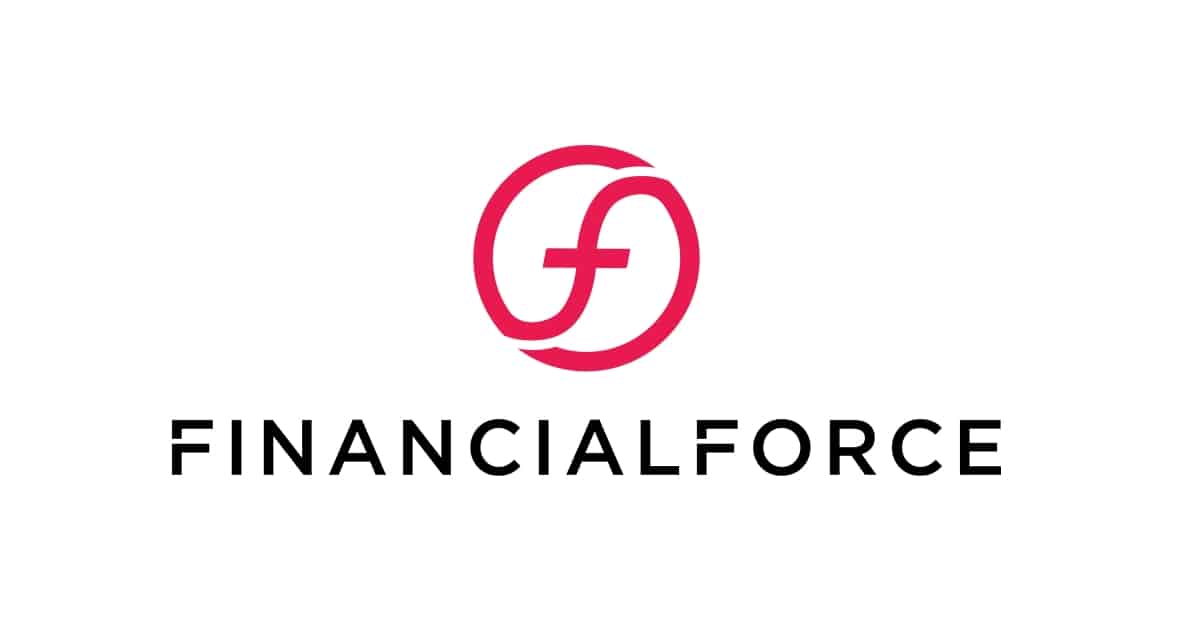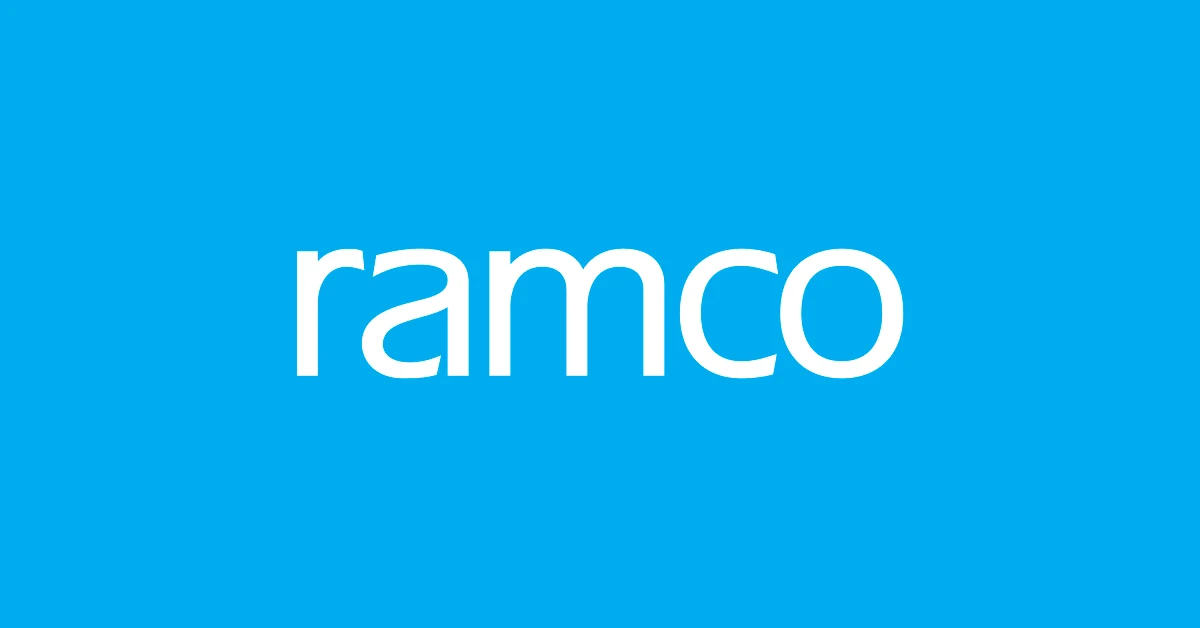The rise of digital technologies and global internet usage has transformed business operations. Automation solutions are now essential, requiring dependable ERPs to meet demands. Understanding software pricing is crucial.
Traditional consumption models are no longer dominant. Service-oriented solutions are pivotal. This is because there is an ERP for the service industry to streamline manual work. The service sector is wide-ranging, enriching businesses and individuals. With diverse tasks, a suitable ERP is vital.
While not producing physical goods, this sector shapes, maintains, and improves objects, also spanning areas like transport, healthcare, education, banking, and more. This industry’s significance justifies robust process automation.
Key Takeaways
|
Table of Content:
Table of Content
Definition of Service Industry
The service industry is where individuals exchange their knowledge and time with others to improve productivity, performance, potential, and sustainability. For example, banking, education, entertainment, hairdressing, and tailoring. This sector’s fundamental characteristic is the provision of services, i.e. intangible goods.
Furthermore, this industry accounts for more than 70% of jobs in most developed economies. Also, it accounts for a sizable portion of their gross domestic products. Depending on their activities, services are also classified as a tertiary industry, a profit or not-for-profit organization.
As the economic system becomes more professional and complex, highly developed economies frequently shift most of their economies to the service sector.
Also read: How Does CRM Software Benefit the Service Industry?
What does ERP Software Provide to Service Industries?

The service industry can overcome the challenges of using a different set of software for each function by implementing an ERP. In addition, an ERP designed for the service industry may very well fit the stereotype of service business requirements. Here are three things that ERP for the service industry can offer:
Operational visibility
Facilitating operational transparency, an ERP system enables efficient planning for service projects. Streamlined project functions and user interfaces, it enhance execution quality. The integrated project structure provides insight into services, materials, and costs, aiding accurate pre-cost estimation.
Thus, modern cloud ERP solutions generate comprehensive updates using reporting tools, ensuring effective tracking of resources, revenue, and costs for informed decision-making based on accurate company procedure reporting.
Financial reporting
In the service industry, an integrated Accounting System within an ERP minimizes resource waste. This ERP provides robust financial management features and is Peppol network-ready. Investing in such an ERP is wise, but understanding pricing is essential.
Modern ERP solutions with financial reporting and cloud accounting offer precise fiscal statements, specific project invoicing, billable hours tracking, and real-time supervisory updates for compliance.
Ability to adapt, scalability, and flexibility
In professional services, the ability to address distinct challenges is vital for value delivery. From budget constraints to tight timelines, adaptability is key. ERP for professional services must cater to unique situations while upholding core functions. As your business grows or expands globally, consider an ERP solution.
Today’s ERP solutions are highly scalable and offer customization, crucial advantages in the service industry. HashMicro provides a customizable ERP solution to save time and costs in the long run.
Ways Your Company Suffers Without ERP
ERP technology streamlines complex organizational processes by integrating data, systems, and users. If your business lacks an ERP solution, it can lead to inefficient operations, outdated systems, and missed customer opportunities. Therefore, it is crucial to invest in best ERP software now to avoid these particular setbacks.
Decision-making is faulty
Flawed decision-making is often linked to isolated data and ineffective communication within businesses. ERP solutions counter this by providing real-time, interconnected information across various departments like finance, sales, warehouse, and more.
This collaborative approach empowers informed and efficient decision-making, especially during critical situations.
Processes are not centralized.
Often, organizations suffer from fragmented processes, with different software programs for various functions like accounting and human resources. This decentralization hampers efficiency.
An ERP solution rectifies this by centralizing operations and providing a unified source for information and interactions. This consolidation streamlines data, reports, and analytics, eliminating the necessity for multiple systems.
Inefficient accounting
Inefficient accounting practices, including manual data entry from paper invoices and sales orders, can consume countless hours annually and lead to discrepancies between accounting and sales departments.
Adopting an ERP solution automates these processes, enhancing efficiency and accuracy while streamlining financial reporting. ERP software’s ability to consolidate financial data into a unified database empowers your accounting team with swift, accurate, and transparent access to crucial information.
Multiple software systems
Outdated legacy software systems are detrimental to businesses due to the substantial investments made in customization through third-party adaptations, coding, or add-ons. Despite costs, executives often resist replacements.
However, persisting with these legacy systems incurs manual efforts, costly workarounds, and efficiency losses. Integrating them into a unified ERP solution streamlines processes, curbing expenses linked to workarounds.
Inaccurate inventory management
A transparent, real-time supply chain is vital, aiding reordering, production scheduling, customer service, and accounting. However, manual spreadsheets put businesses at risk.
Inventory management tools are integral to ERP solutions, offering accurate data on materials, reordering needs, and integration with sales, production, and customer relations data for improved communication and outcomes.
Also read: Main Benefits of ERP Software for Professional Services
Criteria for Selecting Service Industry ERP Software
When choosing ERP software for the service sector, it’s vital to assess various factors to guarantee the selected solution suits the distinct demands of service-oriented enterprises. The following are pivotal aspects to consider when picking ERP software tailored for the service industry:
Scalability
Given the frequent expansion of service-oriented enterprises, it becomes imperative to select an ERP system that can readily adapt to the company’s growth.
Moreover, the software must possess the ability to effectively handle elevated data loads, cater to more users, and manage heightened transactional requirements, all while maintaining optimal performance.
Functionality
The functionality of the ERP software should be evaluated, ensuring the presence of features tailored to service-oriented enterprises. Capabilities like project management, resource planning, time tracking, scheduling, service ticketing, and contract management should be sought.
Additionally, these functionalities need to align seamlessly with the operational needs of service-centric entities, promoting streamlined service delivery.
Customer support
The assessment of the ERP software vendor’s customer support should be taken into account. Adequate technical assistance, frequent software updates, and the availability of proficient experts are crucial factors in promptly resolving issues and guaranteeing the seamless operation of the system.
10 Best ERPs for the Service Industry
Modern ERP systems enable businesses in the services industry to achieve more. The right software solution will help you and your employees spend less time on non-billable work. ERPs are used to meet a variety of requirements.
The right software can automate time-consuming tasks and assist you in staying on top of project deadlines. Here are some excellent recommendations for the best ERP software in Singapore for the service industry you can consider:
1. HashMicro
HashMicro is a software company that specializes in providing ERP solutions for various industries, including appliance service business software, and also pest control business software. Our ERP software offers a range of features and functionalities that make it well-suited for service-based businesses.
One key advantage of HashMicro’s ERP system is its comprehensive service management module. This module allows service businesses to efficiently manage their projects, allocate resources, track time and expenses, and schedule tasks.
It provides a centralized platform for monitoring project progress, ensuring timely service delivery, and optimizing resource utilization. The system also enables service businesses to effectively manage service contracts, handle service ticketing, and streamline invoicing processes.
HashMicro is also known for its commitment to customer satisfaction and provides reliable customer support. Moreover, our team of experts assists businesses throughout the implementation process and provides ongoing technical support, ensuring a smooth transition to the ERP system and resolving any issues promptly.
Furthermore, HashMicro’s ERP software is scalable, allowing service businesses to adapt and grow without disruption. The system can handle increasing data volumes, support additional users, and accommodate the evolving needs of service-based organizations.
2. Odoo
Odoo’s app suite provides CRM and ERP functionality that enables businesses of all sizes to manage various front and back-office processes. In addition, for those who are exceptionally tech-savvy and wish to make their modifications, the entire Odoo suite is open-source.
With Odoo, there are some specialties in their solutions. These solutions are fool-proof and are the most reliable among their other solutions. These solutions are POS transactions, tracking employee timesheets, and custom invoice development. If you want to know more about Odoo’s pros, cons, and alternatives, read our in-depth Odoo review article.
3. Striven
Striven is an ERP (Enterprise Resource Planning) software solution designed for the service industry, aimed at optimizing business operations and increasing overall efficiency.
It offers a comprehensive range of modules and features tailored to handle various aspects of organizational activities, including finance, inventory, sales, purchasing, project management, and more.
The finance module of Striven enables businesses to effectively manage financial processes, such as general ledger, accounts payable and receivable, budgeting, and financial reporting.
With tools for tracking income and expenses, generating financial statements, and analyzing financial performance, businesses can maintain accurate financial records, enhance cash flow management, and make well-informed financial decisions.
Furthermore, Striven includes a customer relationship management (CRM) functionality to facilitate businesses in managing customer interactions, tracking leads, and streamlining sales processes.
Through this CRM module, businesses can centralize customer data, automate sales pipelines, and enhance customer engagement, resulting in improved customer relationships and increased sales performance.
4. SAP
SAP possesses a significant advantage in its capacity to cater to organizations of all sizes within the service industry. Moreover, SAP offers tailored solutions designed specifically to meet the distinct needs and challenges of various sectors, such as manufacturing, retail, healthcare, utilities, and others.
These sector-specific solutions integrate best practices and preconfigured functionalities, streamlining implementation and ensuring compliance with industry standards. SAP’s ERP software for the service industry empowers businesses to optimize their financial management processes effectively.
It includes modules for general ledger, accounts payable and receivable, cash management, and financial reporting. Furthermore, the system facilitates precise financial planning, budgeting, and analysis, enabling businesses to make well-informed financial decisions.
5. Microsoft Dynamics 365
Microsoft Dynamics 365 is a customer-centric application that manages various processes, including customer relationship management and customer data management. Their highlights allow for a swift transition to the cloud, offering self-service HR experiences and a friction-free digital selling interface.
Additionally, Microsoft Dynamics 365 ERP stands out for its comprehensive approach to enterprise resource planning; thus, it’s an ideal choice for companies looking to streamline their operations and improve efficiency through a robust ERP system.
6. Bitrix24
Bitrix24 is an enterprise resource planning (ERP) system that ensures the timely and accurate delivery of all projects and tasks that your business must manage through seamless communication.
Also, this company highlighted three things in its solutions. The first one is the socially-focused interface for collaboration; Some packages include a basic website builder.
7. Acumatica
Acumatica presents a cloud-centric ERP software solution for the service industry, aiming to streamline and enhance business operations. The software stands out due to its adaptability, scalability, and comprehensive features, rendering it a favored option for businesses of all scales.
A significant asset lies in its cloud-oriented structure. As a cloud-based ERP, it offers numerous benefits, including accessible usage from any location with internet connectivity, automated updates, and the ability to expand seamlessly as businesses grow, eliminating the necessity for extensive hardware investments.
A distinctive trait of this software is its versatile nature and customizable capabilities. It empowers businesses to tailor workflows, screens, and reports to align with their specific demands. Consequently, this versatility ensures applicability across various sectors, allowing businesses to optimize the system to suit their unique operational necessities.
8. FinancialForce
FinancialForce offers an ERP software solution designed for the service industry, focusing on delivering extensive financial management features. Utilizing the Salesforce platform as its foundation, FinancialForce ensures smooth merging with Salesforce CRM, uniting front-office and back-office functions within a single cohesive system.
What distinguishes FinancialForce is its integration with Salesforce CRM, setting it apart from alternative ERP solutions. This integration facilitates the seamless connection of sales, customer service, and marketing information with financial data, offering a comprehensive overview of customer interactions, sales earnings, and financial well-being.
Furthermore, this alignment streamlines workflows fosters interdepartmental collaboration and guarantees data uniformity across various sectors.
9. Scoro
Scoro offers a comprehensive solution for business management, amalgamating diverse functionalities to optimize and streamline operations. It intends to assist businesses in project management, time tracking, team collaboration, financial management, and workflow enhancement, all within a unified platform.
Among Scoro’s prominent features are its project management capabilities. It furnishes tools for project planning, task administration, resource allocation, and project tracking. This encompasses task creation, assignment, and real-time progress monitoring, ensuring efficient project management, enhanced teamwork, and punctual project completion.
Scoro’s collaborative tools promote seamless teamwork. Users can generate and share documents, files, and notes, fostering effective communication and cooperation across the organization. Additionally, Scoro facilitates shared scheduling through a calendar, enabling teams to arrange meetings, events, and deadlines in a coordinated manner.
10. Ramco
Ramco’s primary offering is its all-encompassing Enterprise Resource Planning (ERP) software. Ramco ERP is meticulously crafted to cater to the requirements of diverse industries spanning manufacturing, logistics, services, aviation, and more.
Additionally, it encompasses a broad spectrum of functionalities including finance, human resources and payroll, supply chain management, asset management, and customer relationship management (CRM).
Ramco is also renowned for its emphasis on ingenuity and keeping pace with technological progress. The company dedicates resources to research and development, integrating cutting-edge technologies such as AI, ML, Internet of Things (IoT), and blockchain into its software solutions.
This unwavering commitment to innovation empowers businesses to maintain competitiveness and harness the latest technological breakthroughs to fuel their achievements.
Conclusion
In conclusion, with the growing needs of multiple business industries, the service industry included, automation could be one of the solutions. By considering getting work automation with one of the best ERP providers, the service industry could reach its goals faster alongside achieving time efficiency.
Moreover, having an ERP for the service industry is an investment, especially when a customizable cloud-based ERP like what HashMicro has offered. HashCore ERP would stand as an investment that helps your business grow, a sustainable one because of its customizable nature.
Learn about the pricing scheme calculation and try a free demo of the system to reach your goals with HashMicro now!






